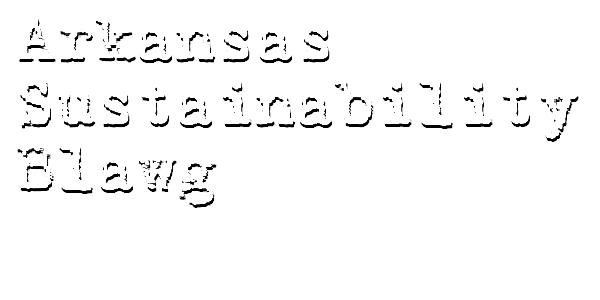Strong and serious stuff, and the sustainablogasphere lit up with commentary on the merits and weaknesses of Gifford complaint. Many, including this sustainablawger, opined that the legal theories in the Gifford complaint suffered from some serious and likely fatal deficiencies.
I had been tracking progress on the case, and it was clear to me that the lawyers for both sides had been talking, because the only real activity in the case was an order indicating that the parties had agreed that Gifford could amend his complaint.
Gifford filed that amended complaint yesterday. It is a substantially different animal than what he first filed. Here’s the short list of the material changes.
- The case is no longer a class action. Instead, three energy-efficiency professionals have been added as plaintiffs.
- The case no longer alleges antitrust violations of monopolization through fraud.
- The case no longer alleges racketeering or a violation of the RICO statute.
Consumers are being deceived into believing that the LEED-certification will be verified by a third-party to reduce their energy costs. Not only will these consumers suffer in many cases by actually using more energy, rather than less, but they will have to spend thousands of dollars on LEED certification they believed would help them use less energy.Setting the merits of the new case to the side, Gifford has made some wise decisions. The antitrust allegation was fatally flawed and likely would have been dismissed without any discovery or proof, as Gifford had failed to make any of the required market allegations. The RICO allegation was likewise probably fatally flawed because it was not grounded in a credibly alleged criminal predicate offense. And alleging the case as a class action not only made it unwieldy, but presented real issues as to whether Gifford was an appropriate class representative.
So the case is now leaner and meaner. The USGBC has until April 6, 2011, to respond. I anticipate that they will move to dismiss some or all of the amended complaint. It will likely be several more months before we really know where this is heading. That gives us plenty of time to blawg about it. Stay tuned!

No comments:
Post a Comment
I welcome your comments. By commenting on this blog, you accept the blog's terms of use. You must use your first and last name when posting, and you must stay on topic.